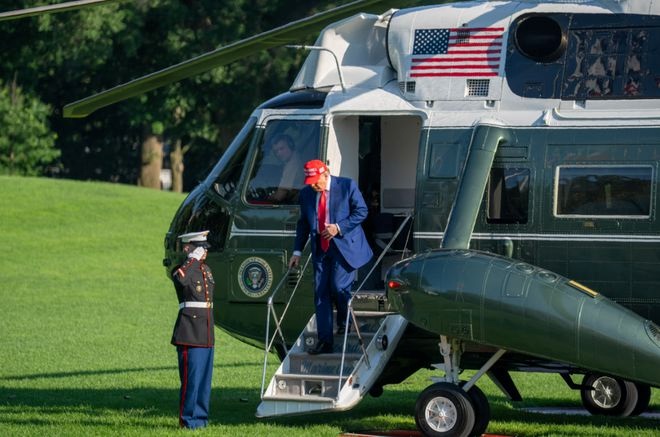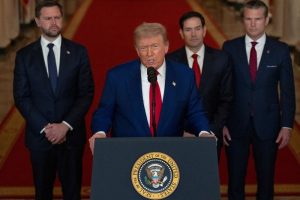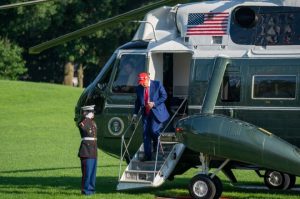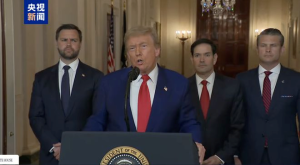Trump ordered an airstrike on Iran’s nuclear facilities. Three major media outlets: The biggest bet since entering the White House four and a half years ago

US President Donald Trump took a step that the previous four US presidents had deliberately avoided, ordering airstrikes on three key Iranian nuclear facilities to demonstrate the US military’s strong military strength. The New York Times, the Washington Post and the Financial Times all agreed that this was Trump’s biggest and most dangerous bet since he took office in the White House four and a half years ago. Success would enable him to “do what others cannot do” and completely eliminate the Iranian nuclear threat that has been hanging over the US for decades, but failure would not only make him look bad, but also involve the US in a large foreign war that he has always criticized as “stupid”.
The US has been trying to use sanctions, sabotage, cyber attacks and diplomatic negotiations to slow down Iran’s nuclear process over the past 20 years, but Trump chose to show naked military strength. Trump made this gamble, first of all, betting that the US military can repel any potential retaliation from Iran against more than 40,000 US troops in the region; even after Israel’s eight consecutive days of bombing, US military bases in the region are still within the range of Tehran’s missiles. Secondly, Trump believes that the US can prevent Iran from using its usual indirect means such as terrorist attacks, hostage-taking and cyber attacks to retaliate against the US. The biggest bet is that Trump believes that this action has destroyed Iran’s chance to rebuild its nuclear program.
Trump chose to act at this time because Israel has destroyed Iran’s two major proxy organizations in the past two years, including the Palestinian radical organization “Hamas” and the Lebanese political and military organization “Hezbollah”; Iran’s closest ally, former Syrian President Assad, also fell at the end of last year; China and Russia, which have formed a makeshift partnership with Iran, also disappeared after Israel launched the offensive a week ago. Seeing that Iran only has the nuclear program as its strongest trump card, and most of the military top brass and air defense forces have been eliminated by Israel, Trump has the motivation to send troops to intervene.
If Iran is unable to effectively respond to US attacks, Supreme Leader Khamenei’s power is shaken, and even the whole country abandons its nuclear ambitions, Trump can be proud that only he is willing to use US military power to achieve the goals that the previous four presidents have determined to be too risky, and at the same time send a signal to competitors such as China and Russia that he will not hesitate to use force when necessary.
However, Iran could also slowly recover, with surviving nuclear scientists taking their technology underground and continuing to develop the bomb, following the North Korean model. North Korea, which is estimated to have 60 or more nuclear bombs today, may be too powerful to attack. Iran may decide that this is the only way to prevent an invasion by hostile forces.
Furthermore, if Iran does not agree to Trump’s peace terms, Trump will face a deeper and more prolonged conflict, but this prospect has angered some of his staff and supporters.
Rosemary Kelanic, director of the Middle East program at the Washington think tank Defense Priorities, pointed out that Tehran is unlikely to succumb under coercion, and “the United States is very likely to be involved in another regime change war and be stuck in the Middle East for decades.” If Iran retaliates, the loss of American lives will only make the drums of regime change war louder.






